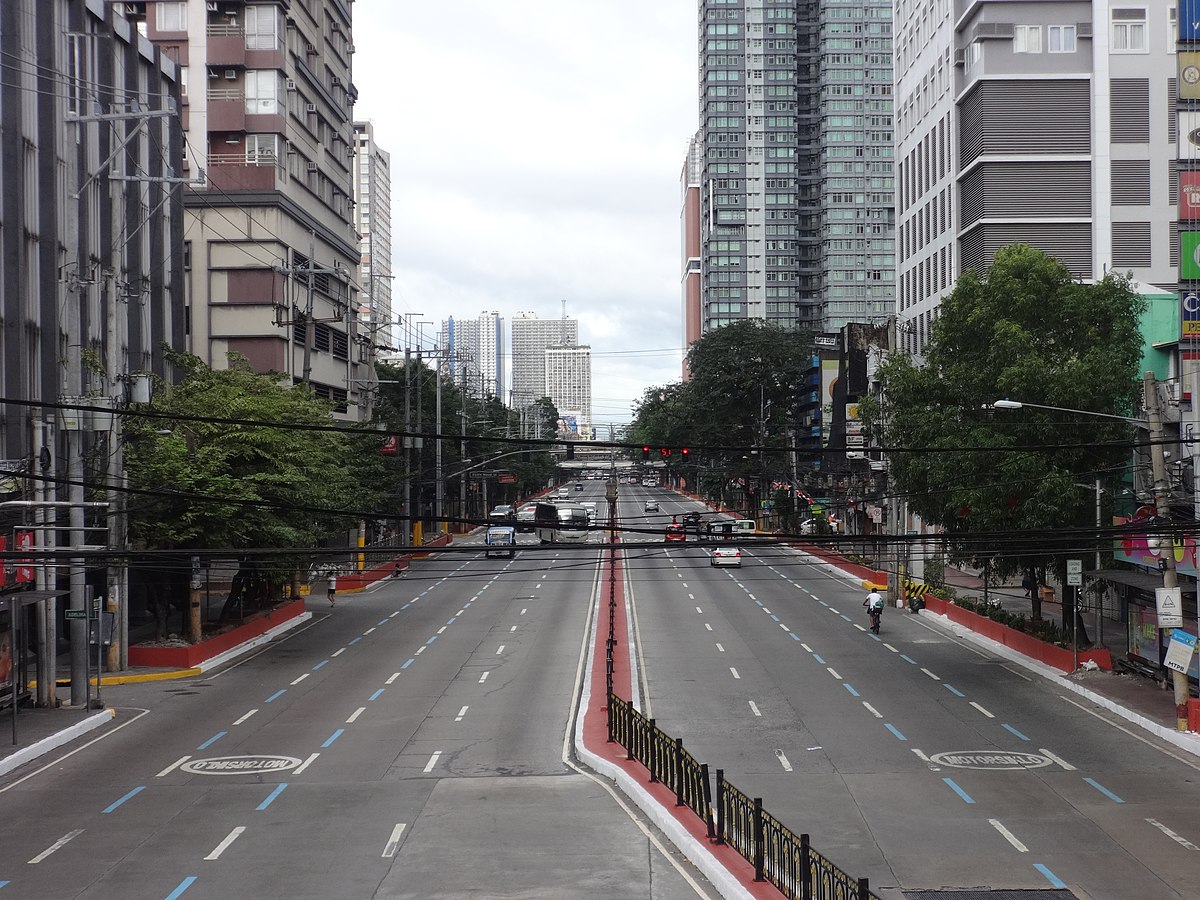
The Philippine Statistics Authority (PSA) reported 8.7-percent inflation for January 2023, the fastest since November 2008 15 years, as prices of consumer goods in the country continued to increase.
The January inflation was an increase from December 2022’s 8.1 percent and the highest since the 9.1 percent posted in November 2008, the time of the Great Recession.
According to PSA data, the main driver in the inflation uptick was the higher year-on-year increase in the indices of housing, water, electricity, gas and other fuels (8.5 percent), food and non-alcoholic beverages (10.7 percent), and restaurants and accommodation services (7.6 percent).
Electricity and vegetables, particularly onions, were the top contributors to the January inflation.
Socioeconomic Planning Secretary Arsenio Balisacan said the government was addressing the country’s inflation woes by increasing agricultural productivity and improving food supply augmentation and energy security.
“As part of the administration’s eight-point agenda and the Philippine Development Plan 2023-2028, the government is implementing measures to ease price pressures and cushion the impact of inflation, especially on basic commodities,” he said.
President Ferdinand “Bongbong” Marcos Jr. said he was expecting inflation to slow down by next month due to lower prices of fuel and agricultural products.
“As I said, the importation of many of the agricultural products, which have been a large part of the inflation rate… we have already taken some measures so that the supply will be greater and so that will bring the prices down but that will take a little time,” he said.
“And my continuing estimate or forecast is that by – we can see the lowering of inflation by the second quarter of this year,” he added. John Ezekiel J. Hirro